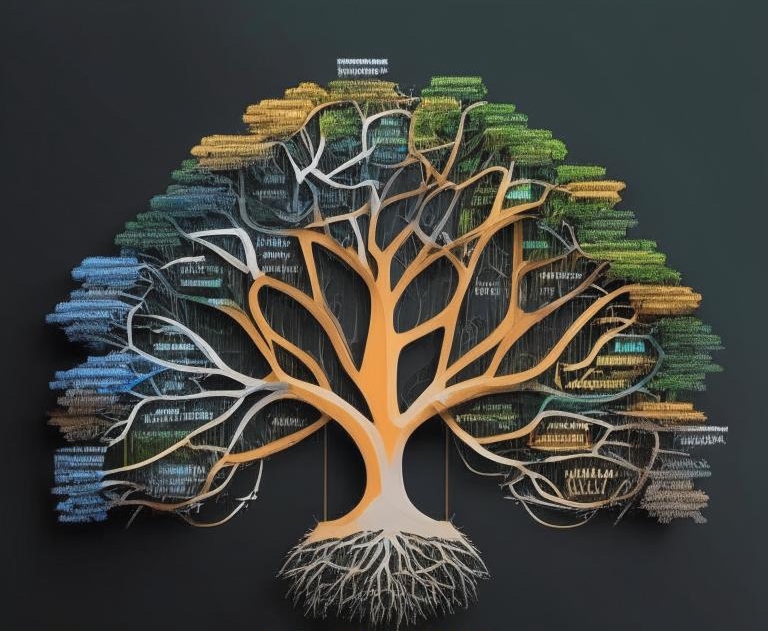Anthropological
by Jakob Fritz
The Anthropological Argument asserts that a priori forms of knowledge are rooted in the very nature of humanity, which is unchanging and universal. According to this approach, the “lenses” through which we perceive the world are embedded in human nature. Proponents of this argument believe that these forms of knowledge are independent of external experience and are innate characteristics inherent to every human being.
This view was widely represented in the works of Jakob Fritz, who argued:
“The appeal to a priori forms of knowledge is a return to the essence of human nature” — Foundations of Anthropology and Psychology (1832).
However, this perspective faces difficulties in explaining cultural and historical differences in perception and understanding, making it vulnerable to criticism. As a result, this argument is often seen as a dead-end defense of apriorism, as it struggles to explain the universality and immutability of a priori forms.
epistemology lenses anthropology
